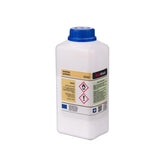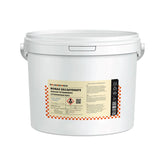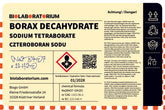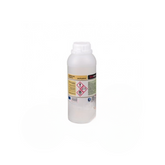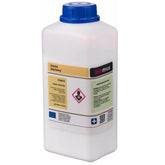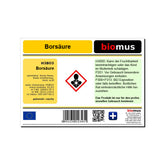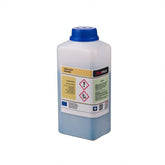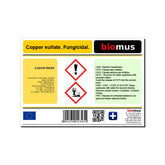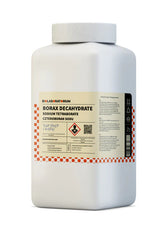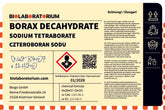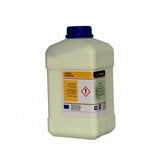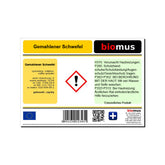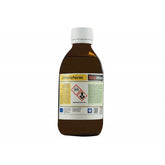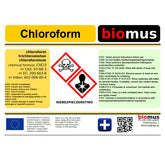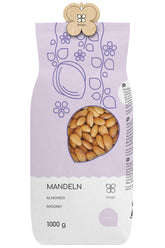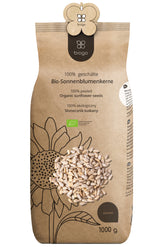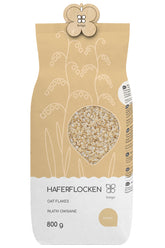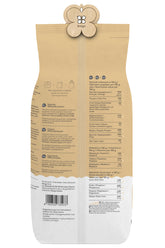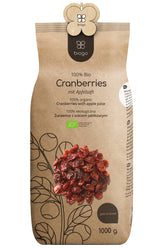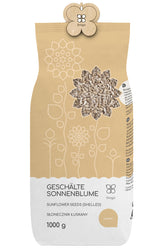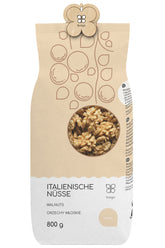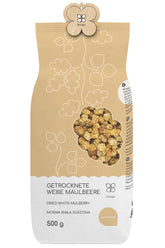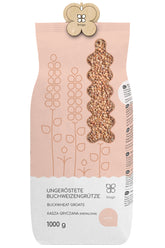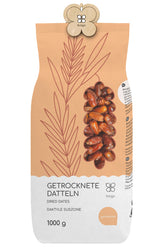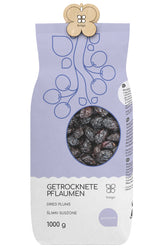Methylene chloride, also known as dichloromethane, is a chemical substance found in many everyday products. However, this substance is not entirely unproblematic, and it is important to be informed about the possible dangers and proper handling. In this blog post, we want to take a closer look at methylene chloride and show you what you should know about it.
What is methylene chloride?
Methylene chloride is a colorless, volatile liquid used in many industrial processes and products. Due to its good solvent properties, it is used as a degreasing agent, solvent, or propellant. Additionally, it is also used in paints, varnishes, adhesives, and cleaning agents.
Although methylene chloride is found in many products, it is not entirely harmless to humans. Studies have shown that the substance can be carcinogenic and can even be fatal in overdose. For this reason, it is important to be informed about the proper handling of methylene chloride.
Health risks of methylene chloride
Methylene chloride can enter the body in various ways and cause health damage:
Inhalation
Inhaling methylene chloride vapors can cause headaches, dizziness, nausea, and drowsiness. At higher concentrations, it can even lead to unconsciousness and respiratory arrest.
Skin contact
Direct skin contact with methylene chloride can cause irritation and burns. Absorption through the skin into the body is also possible.
Swallowing
If methylene chloride is accidentally swallowed, it can cause damage to the liver and kidneys. In extreme cases, it can even be fatal.
Particularly dangerous is that methylene chloride can be carcinogenic. Studies have shown that prolonged exposure can increase the risk of lung and liver cancer. For this reason, it is important to keep contact with methylene chloride as low as possible.
Use of methylene chloride
Despite the known health risks, methylene chloride is still used in many products. Some examples are:
Degreaser
Methylene chloride is often used in degreasers for metal or plastic surfaces. It effectively dissolves fats, oils, and resins.
Solvent
As a solvent, methylene chloride is used in paints, varnishes, adhesives, and cleaning agents. It dissolves many organic substances well.
Propellant
In spray cans, methylene chloride is sometimes used as a propellant to expel the formulation from the can.
Chemical synthesis
In the chemical industry, methylene chloride is used as a starting material for the production of other chemical compounds.
How can you protect yourself?
Since methylene chloride is not entirely harmless, it is important to take some precautions when handling it:
Proper protective equipment
When handling methylene chloride, appropriate protective equipment such as gloves, safety goggles, and respirators should always be worn. This helps avoid absorption through the skin or respiratory tract.
Ventilate well
Rooms where methylene chloride is handled must be well ventilated. This prevents the vapors from accumulating.
Safe storage
Products containing methylene chloride should always be stored in tightly sealed containers in a cool, dry place.
Disposal
Empty containers or residues of products containing methylene chloride must be disposed of properly. They do not belong in regular household waste.
Caution when using
When using products containing methylene chloride, always follow the instructions carefully and keep contact as low as possible.
Conclusion
Methylene chloride is a useful but also dangerous chemical substance found in many everyday products. Due to its harmful health effects, it is important to be informed about the proper handling and to take precautions. Only in this way can the risk of health damage be minimized. Ultimately, contact with methylene chloride should be kept as low as possible.
THE CHOICE OF THE PUBLISHER
Almonds 1 kg BIOGO
- €11,69
- €11,69
- Unit price
- / per
PEELED SUNFLOWERS ORGANIC 1 KG BIOGO
- €4,44
- €4,44
- Unit price
- / per
Oat flakes 800 g BIOGO
- €2,34
- €2,34
- Unit price
- / per
Cranberries sweetened with apple juice organic 1 kg BIOGO
- €16,36
- €16,36
- Unit price
- / per
Peeled sunflower seeds 1 kg BIOGO
- €3,04
- €3,04
- Unit price
- / per
Walnuts 800 g BIOGO
- €8,65
- €8,65
- Unit price
- / per
Dried white mulberry 500 g ORGANIC
- €5,84
- €5,84
- Unit price
- / per
Unpeeled buckwheat groats 1 kg BIOGO
- €2,80
- €2,80
- Unit price
- / per
Dried dates 1 kg BIOGO
- €4,21
- €4,21
- Unit price
- / per
Dried plums 1 kg BIOGO
- €7,01
- €7,01
- Unit price
- / per

